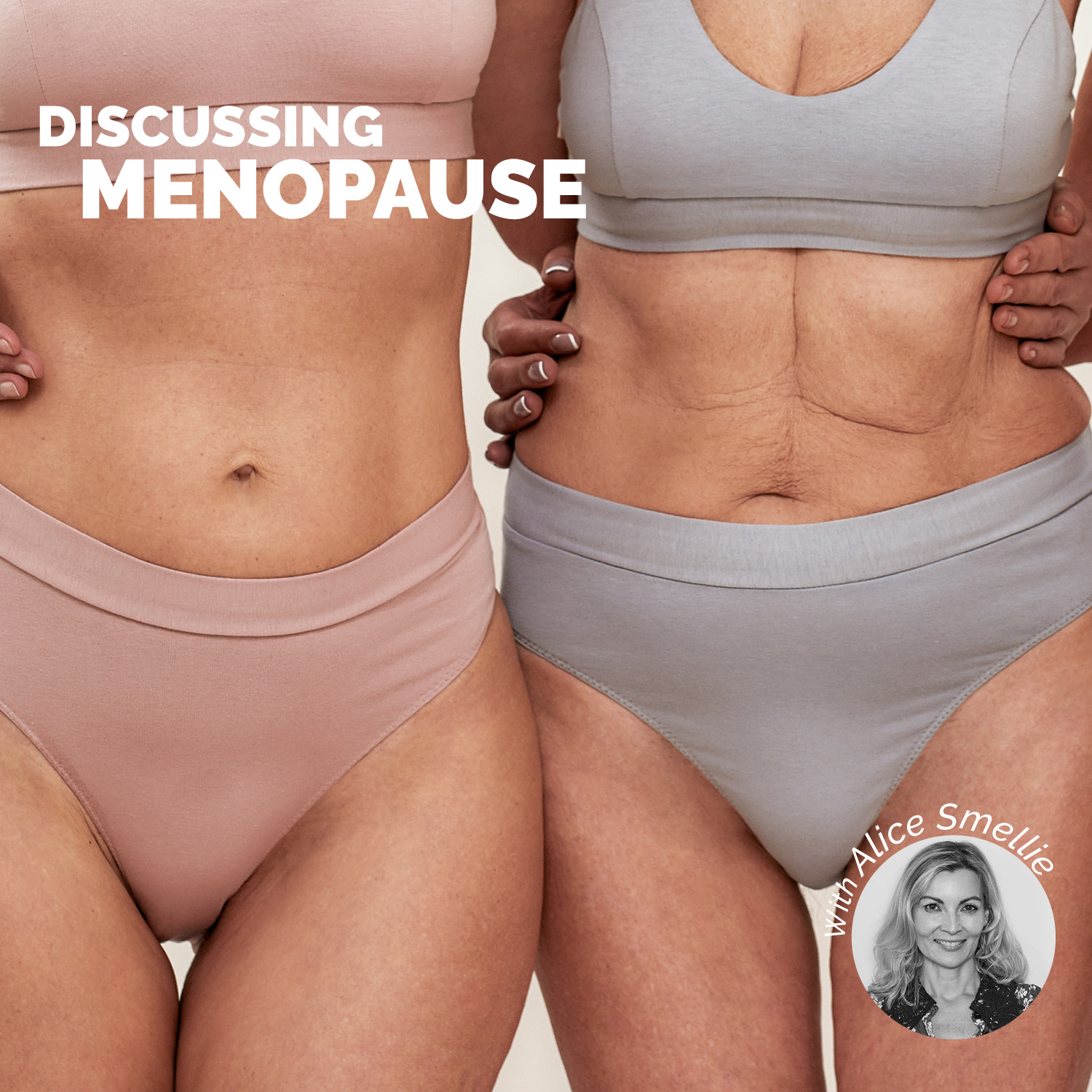
This month marks Menopause Awareness Month, an entire month dedicated to raising awareness of the common - but also commonly under-discussed - women's health condition. So, as a leading menopause author, I decided to address one of the questions I get asked the most, which is hands down, which menopause supplements are worth your time and which, well, aren't.
See, I personally have a small row of jars lined up behind my laptop - a daily reminder to take the various vitamins and minerals that I believe are facilitating my personal perimenopause experience. I am well aware that we all ought to eat the sort of balanced diet that means supplements aren't necessary. In reality, I, like many of us, don't always manage that. (I once Googled, 'strawberry jam, vitamin C?').
So, what's the truth about menopause supplements? They're unquestionably useful in these super busy times, but they aren't magic. If something sounds too good to be true - "Get rid of all your symptoms and lose loads of fat" - then it probably is.
"We're all leading turbo-charged lives and diets aren't always optimal," says registered nutritionist Emma Bardwell, co-author of The Perimenopause Solution with Dr Shahzadi Harper. "But my view is that supplements are massively oversold to consumers."
However, she says that there's definitely a place for them in perimenopause and menopause. "Whatever you take needs to be well researched and based on genuine need rather than an alternative to a healthy lifestyle."
They are - don't forget - just supplements. Keen to read more about menopause and which supplements experts actually reckon can help ease your symptoms? Keep scrolling.
Menopause supplements: Your guide
Is there one best supplement for menopause symptoms?
Good question. "Always check that whatever you take won’t affect any medication you may be on," says BANT registered nutritionist Rayne Roberts at 360fitfood.co.uk. "Supplements can have contraindications, and there’s no guarantee that they will work for you."
Bardwell recommends that you have a personalised consultation with a registered nutrition professional. "When purchasing herbal supplements, look out for the THR stamp (Traditional Herbal Registration) to assure quality and safety, and remember that they can take a while to kick in."
"I have clients who see great results from things such as agnus castus and St John’s Wort for mood symptoms, and from isoflavones like red clover and sage for vasomotor symptoms like flushes and sweats."
10 nutritionist-approved supplements to have on your radar
1. D Vitamins
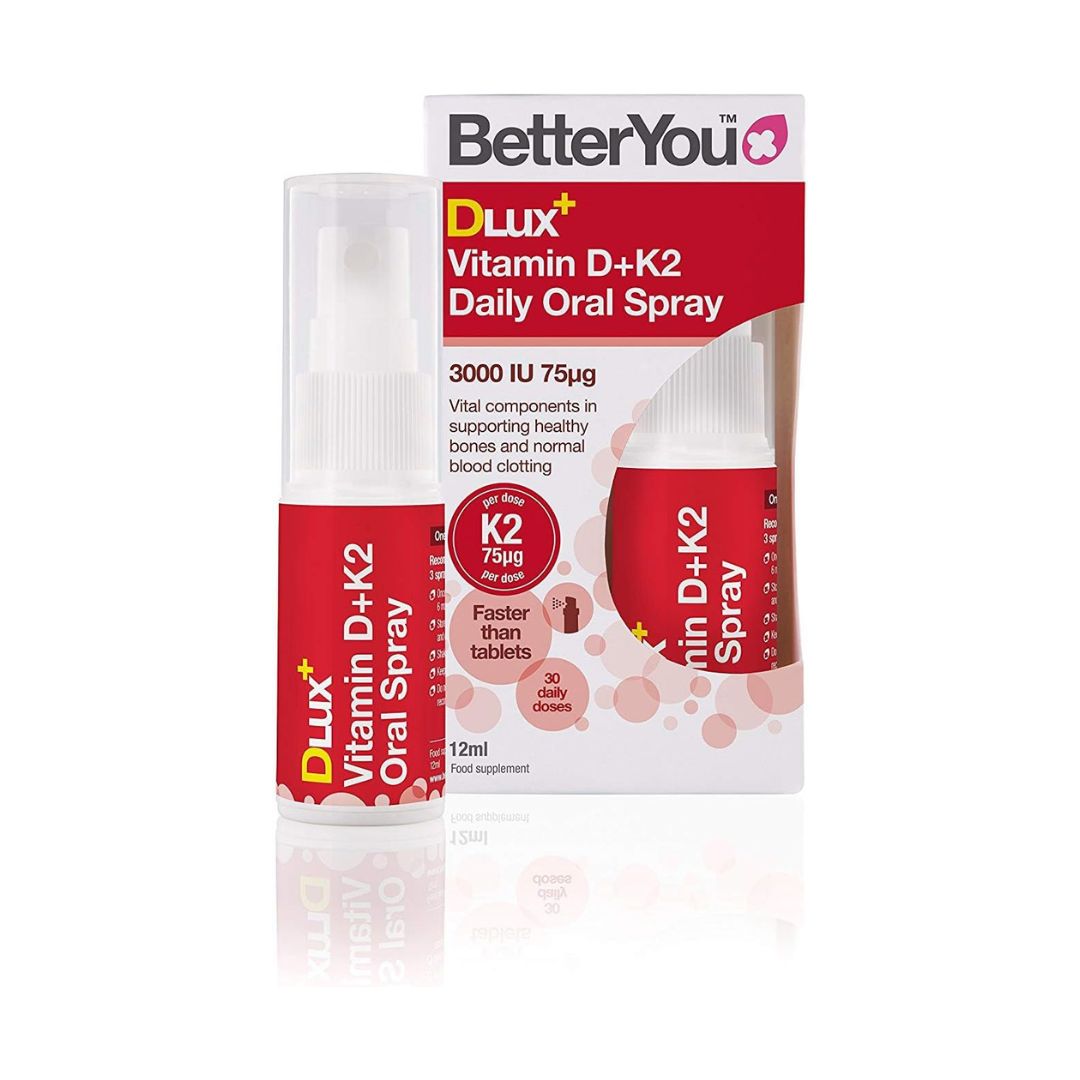
Best for: A Vitamin D boost.
Why the experts recommend? Bardwell says that it's impossible to make blanket recommendations about supplements, but there are a few basics from which most women will benefit. We should almost all be taking Vitamin D - the government recommends 10μg daily in autumn and winter.
"The darker your skin, the lower your levels are likely to be. Higher melanin acts like natural sunscreen to reduce vitamin D production," says Roberts.
"Sub-optimal levels have been linked with low mood, muscle aches, and pains and lowered immunity, all commonly suffered by menopausal women," says Bardwell. "Take alongside K2 which helps calcium absorption and bone mineral density."
2. B Vitamins
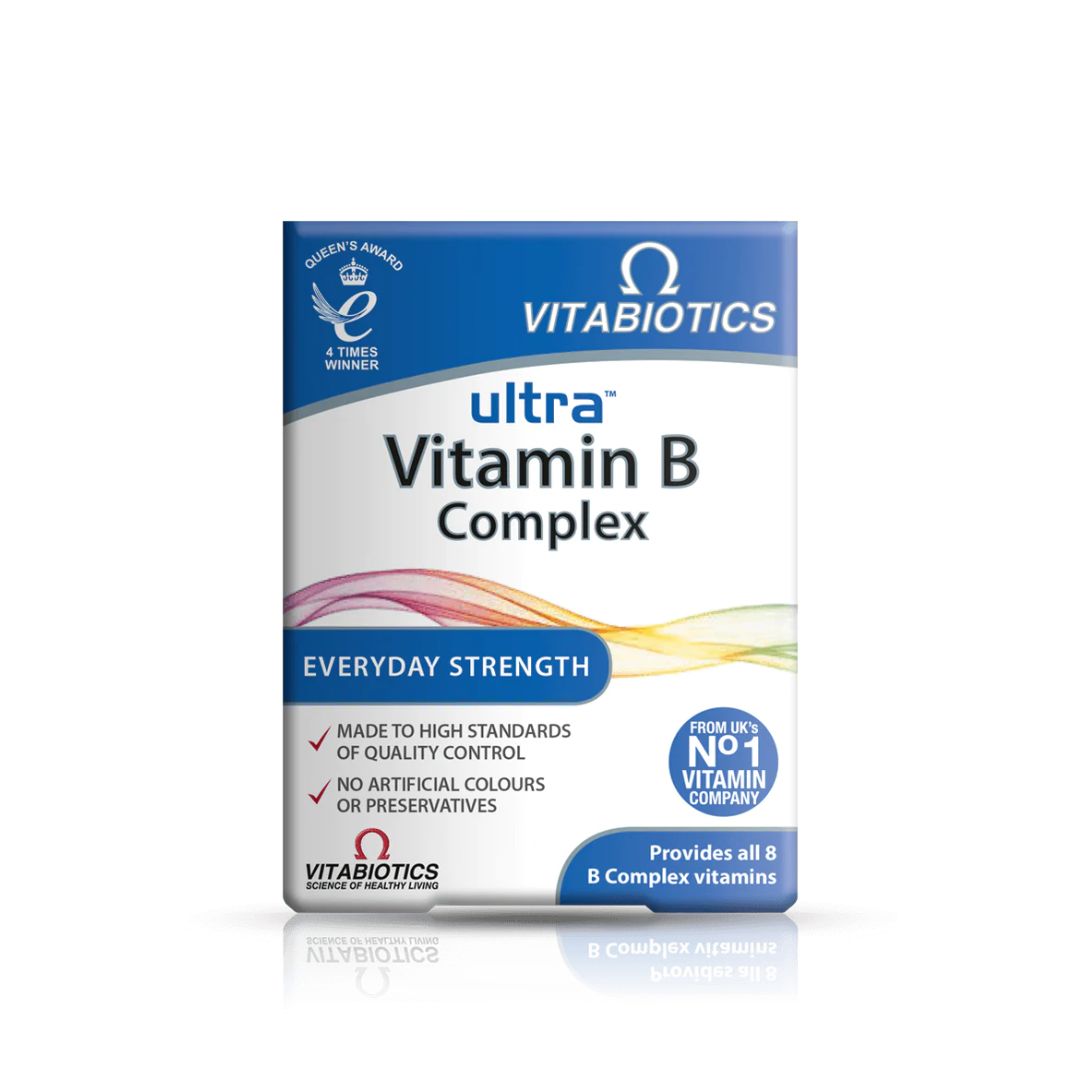
Best for: A Vitamin B boost.
Why the experts recommend? For those with low energy or who eat a vegan or vegetarian diet, a B complex might be helpful. "B vitamins can help with PMS-type symptoms as they help with hormone synthesis, and they are also vital for energy," explains Bardwell.
"There are eight B vitamins – including B12, B6, folate, and thiamine – and they work best taken together," says Rayne. Unless you’ve been diagnosed with a B12 deficiency, take a vitamin B complex."
3. Omega 3
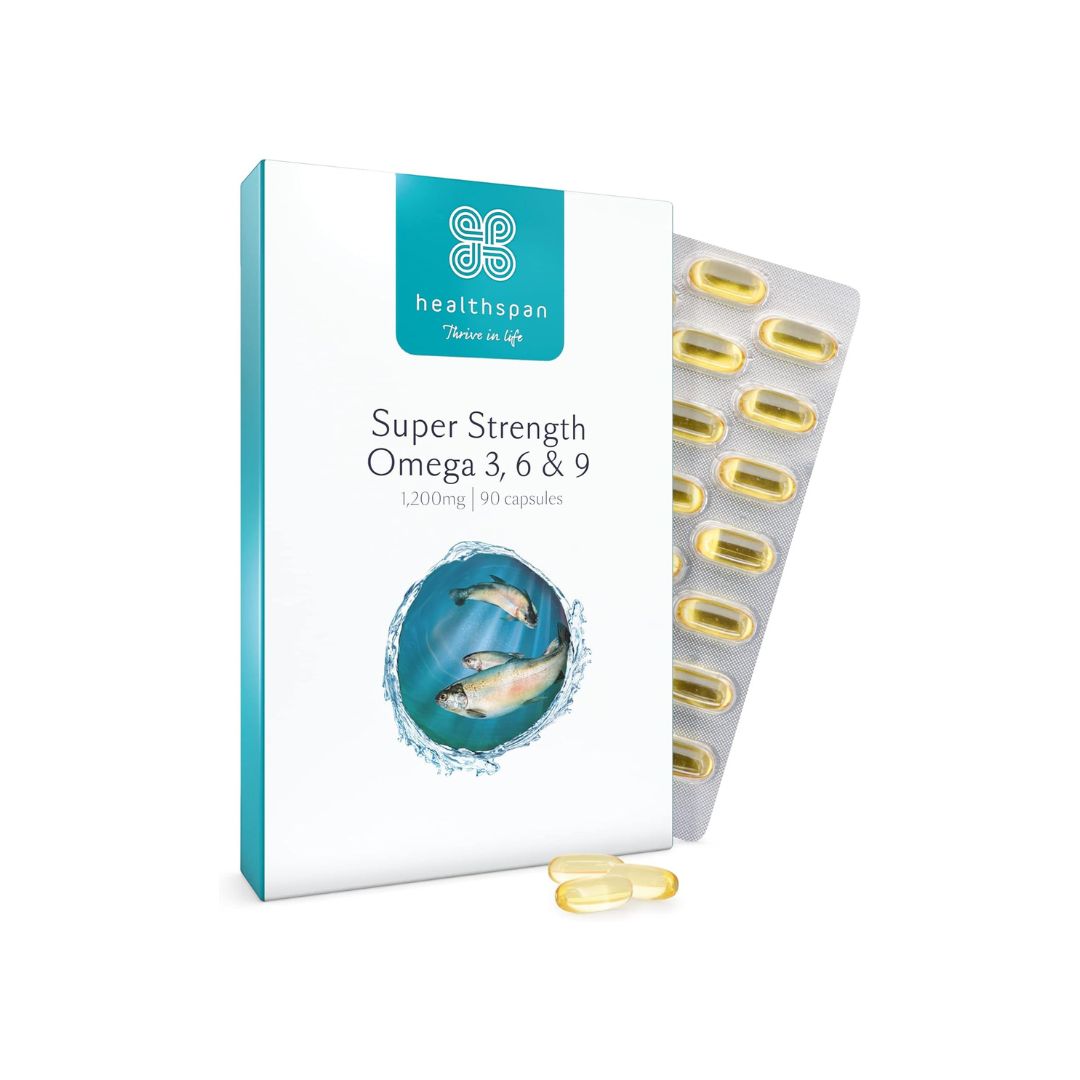
Best for: Heart health.
Why the experts recommend? I eat plenty of oily fish, but for years I've also found a daily omega-3 capsule is excellent for my short-term memory. If I forget to take one for a few weeks, I notice.
We can't make omega-3 in our bodies, but it can help with cognition (brain fog, anyone?) as well as eyes, skin and heart health. 'If you are vegan or vegetarian, I recommend taking an algae oil like this Vim & Vigour by Bare Biology,' says Bardwell.
4. Creatine
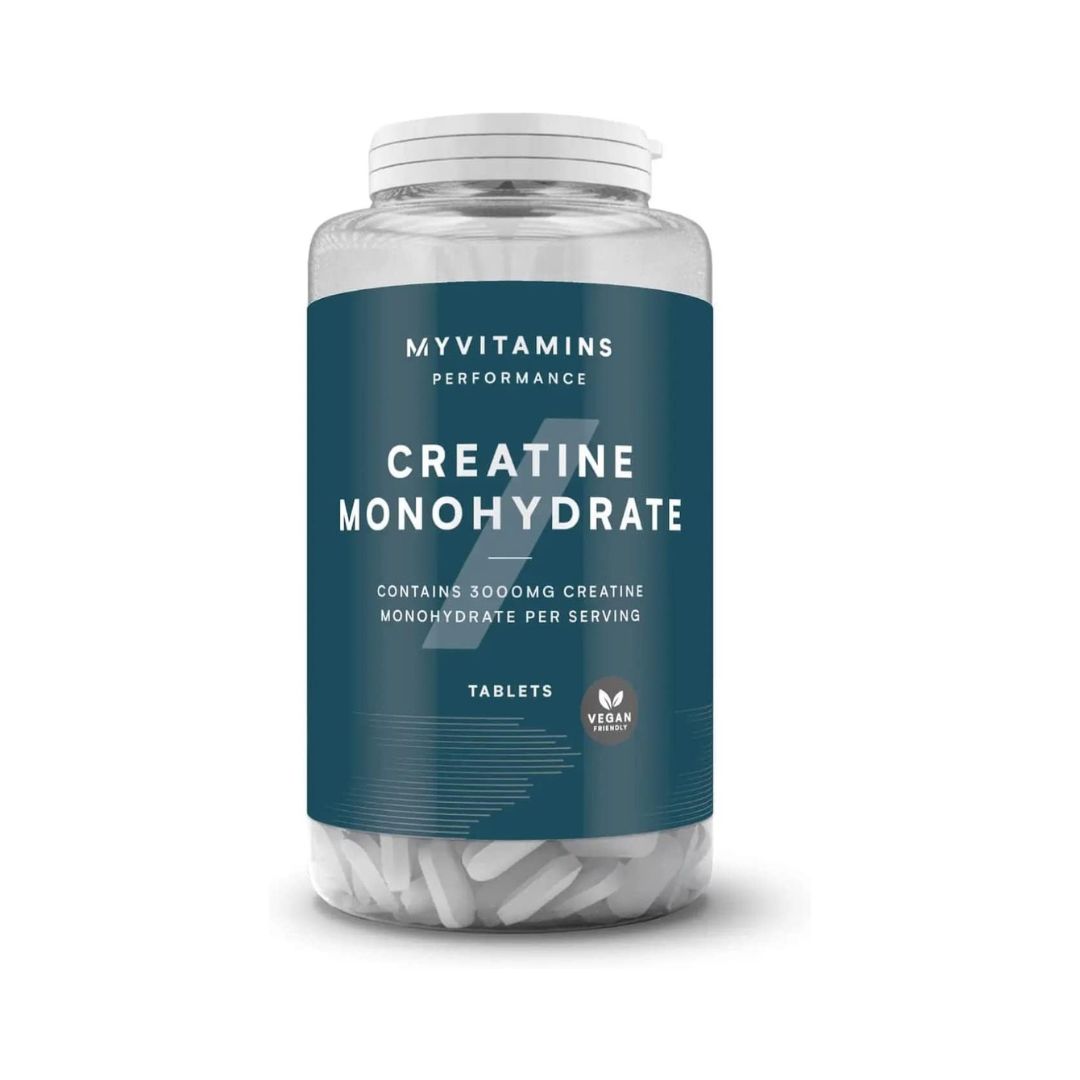
Best for: Muscle mass.
"Creatine monohydrate has been researched extensively and can be very beneficial if you work out a lot," suggests Bardwell. "It helps with increased strength and power and muscle building as well as improving cognition."
It’s cheap, may help slow sarcopenia (loss of muscle mass) and you only need 3 to 5g daily to get benefits.
5. Magnesium
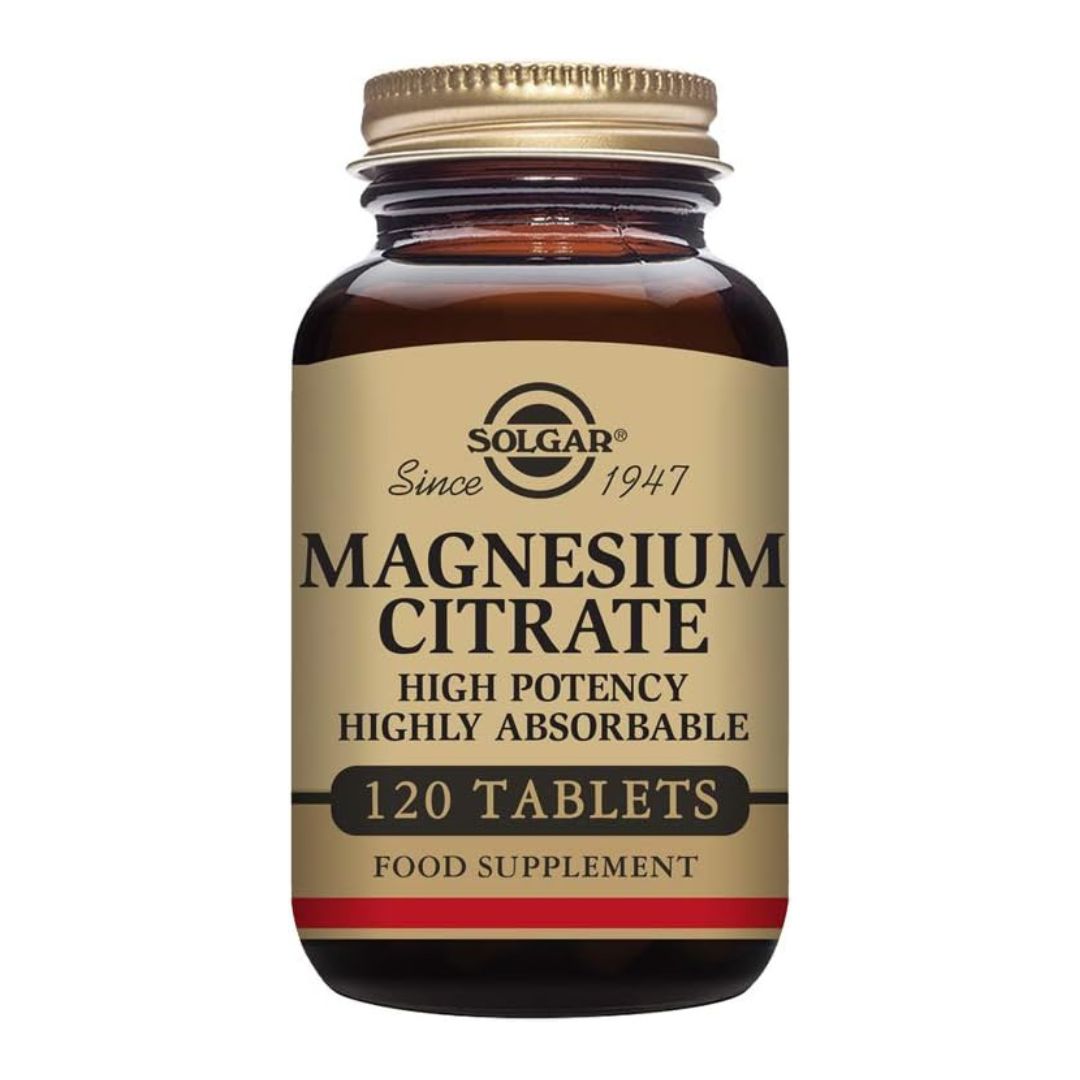
Best for: Improved sleep.
Why experts recommend? It's said that around 70% of us are deficient in magnesium, which can be enormously helpful for such menopausal symptoms as sleep and restless legs.
"Look for a glycinate variety (it will specify the type on the bottle) as it’s well absorbed, and aim for around 350mg a day. Similarly, if you’re one of the many peri or menopausal women with constipation, choose a citrate variety," says Bardwell.
6. Evening Primrose Oil
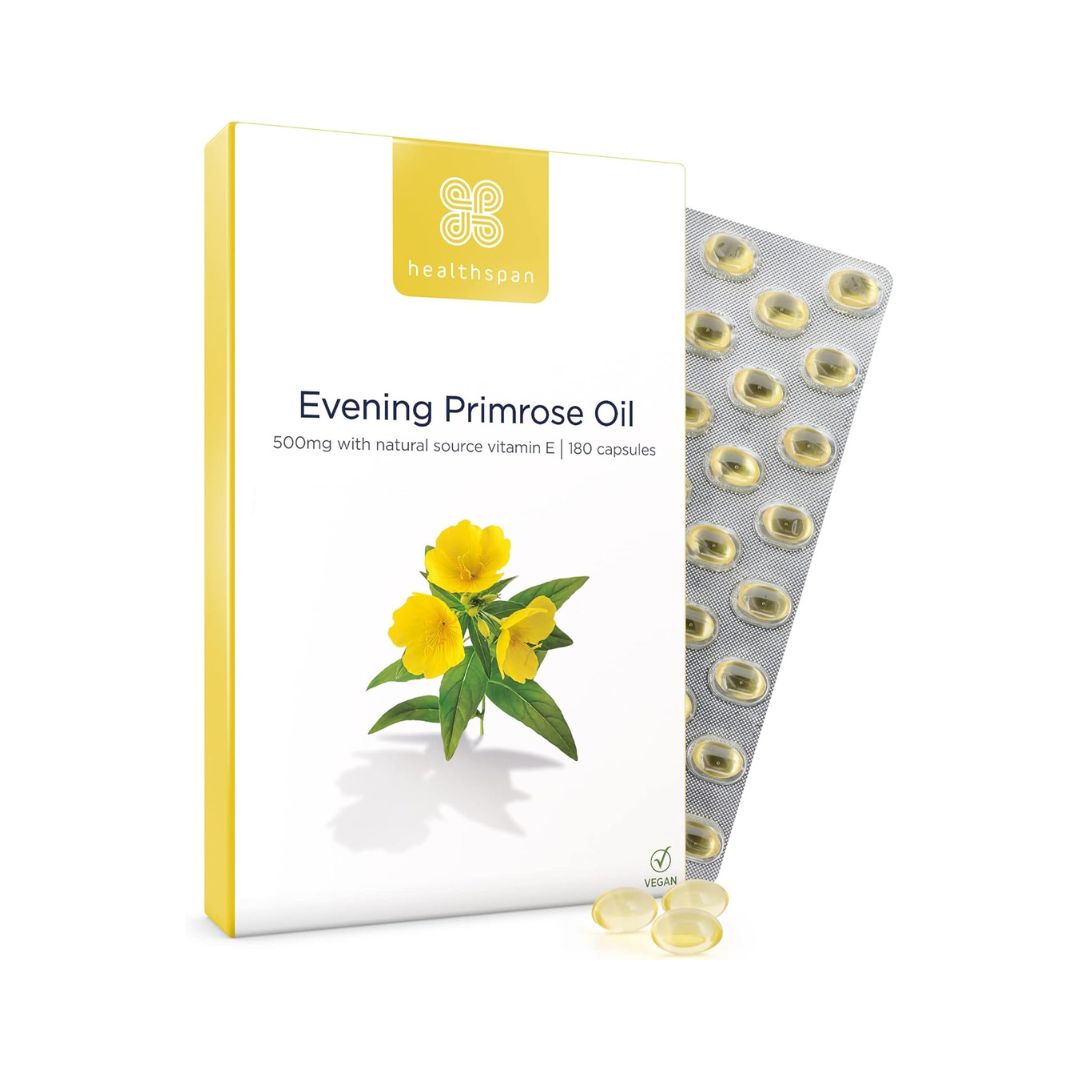
Best for: Breast pain.
Why experts recommend? "Evening Primrose Oil can be helpful for breast pain and is now recommended by the NHS," says Bardwell. Some studies have also shown that it helps with night sweats.
7. Femal
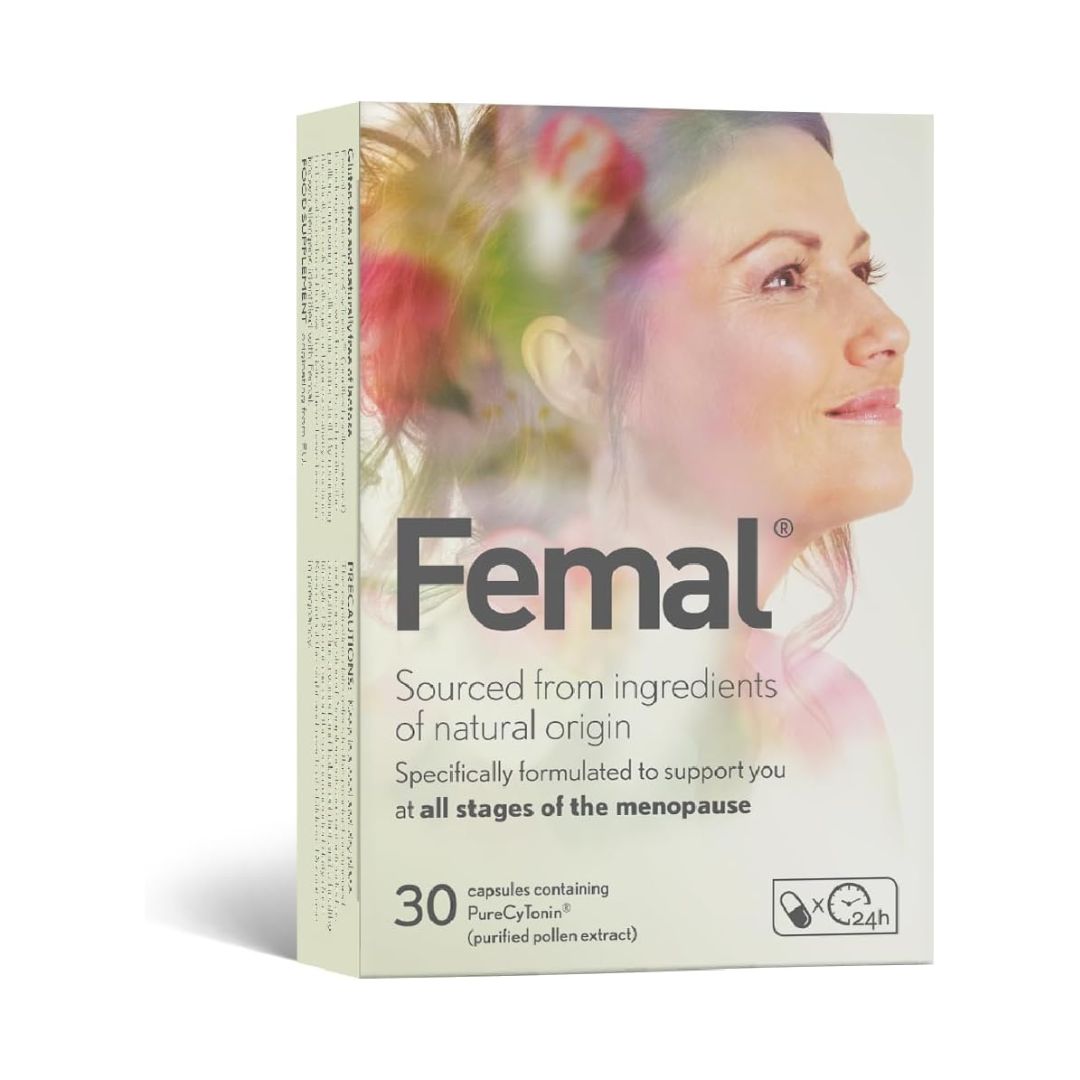
Best for: Night sweats.
Why experts recommend? "There are some interesting supplements for women who suffer from flushes and sweats but can’t or don’t want to take HRT," says Bardwell. Femal is made from grass pollen. Femarelle, on the other hand, is soya-based (but can’t be taken alongside tamoxifen or aromatase inhibitors).
8. Red Clover Extract
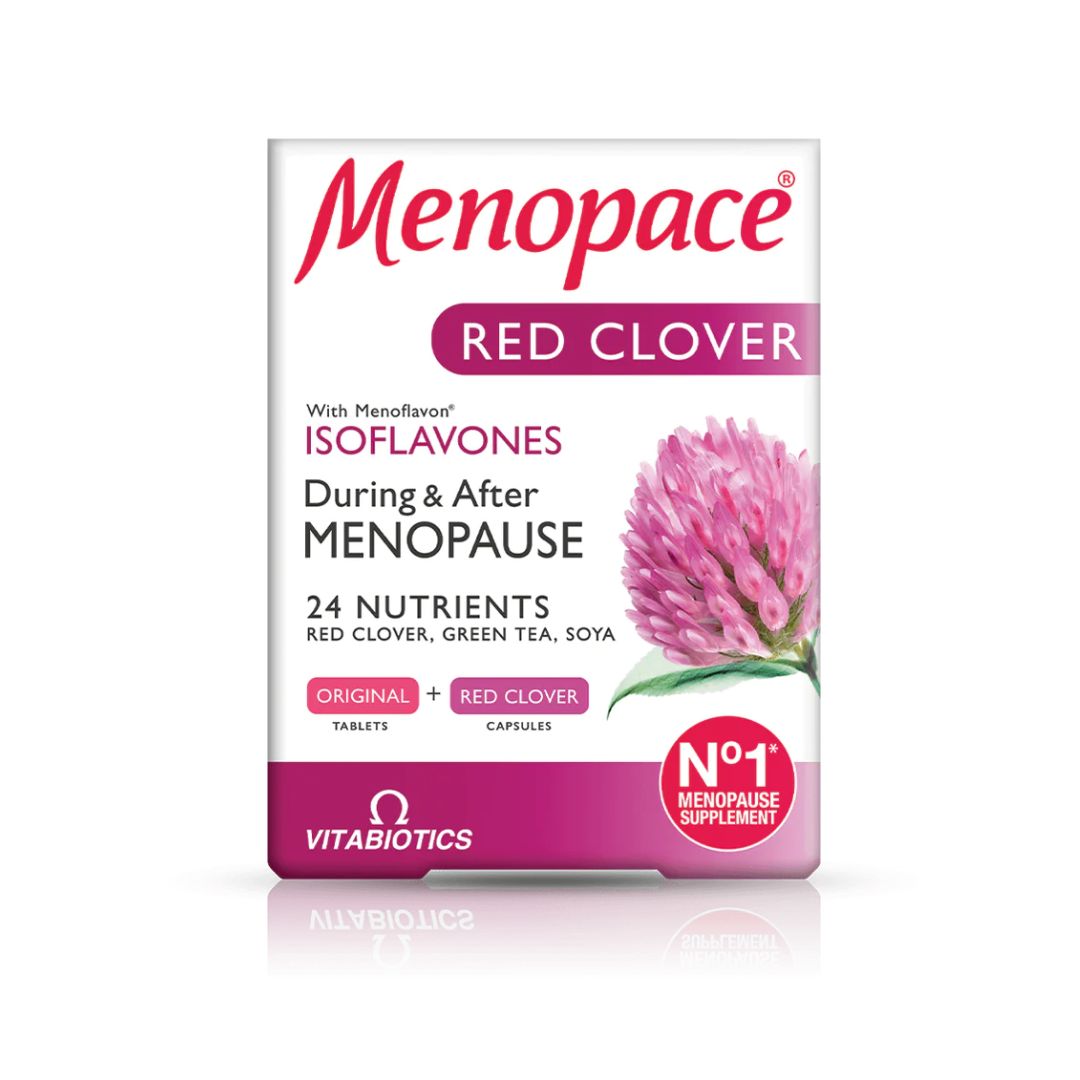
Best for: Hot flushes.
Why experts recommend? "Red clover is a source of natural isoflavones, otherwise known as phytoestrogens," says Rayne. "These mimic oestrogen in the body, with benefits to the heart, bones, and menopausal symptoms."
A 2021 meta-analysis of trials suggested that it appears to help with hot flushes, too.
9. Agnus Castus
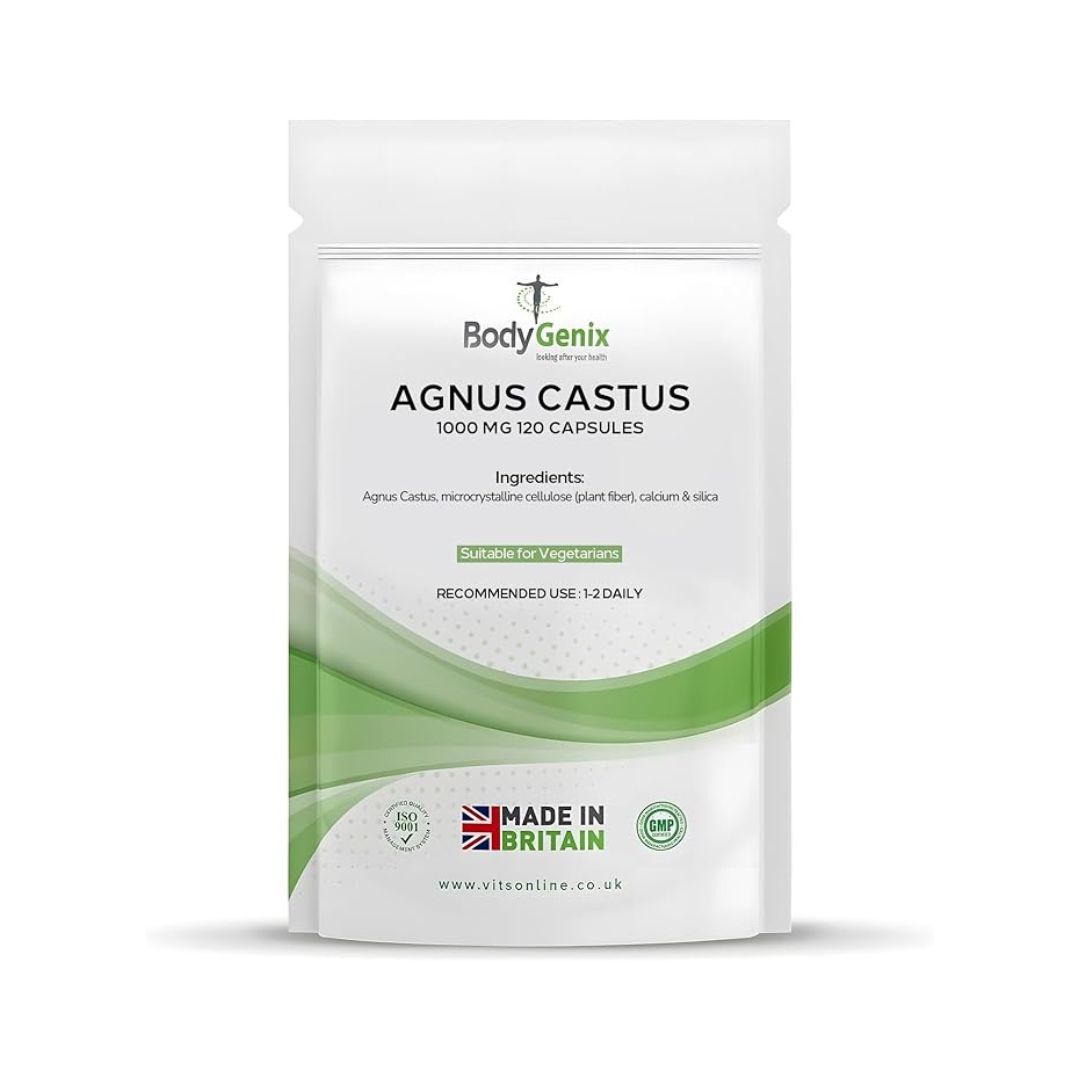
Best for: Mood boosting.
Why experts recommend? Agnus castus is said to relieve general menopausal symptoms like hot flushes and low mood. There’s some positive clinical research, with benefits being noted most after four weeks, explains Rayne.
10. St. John's Wort
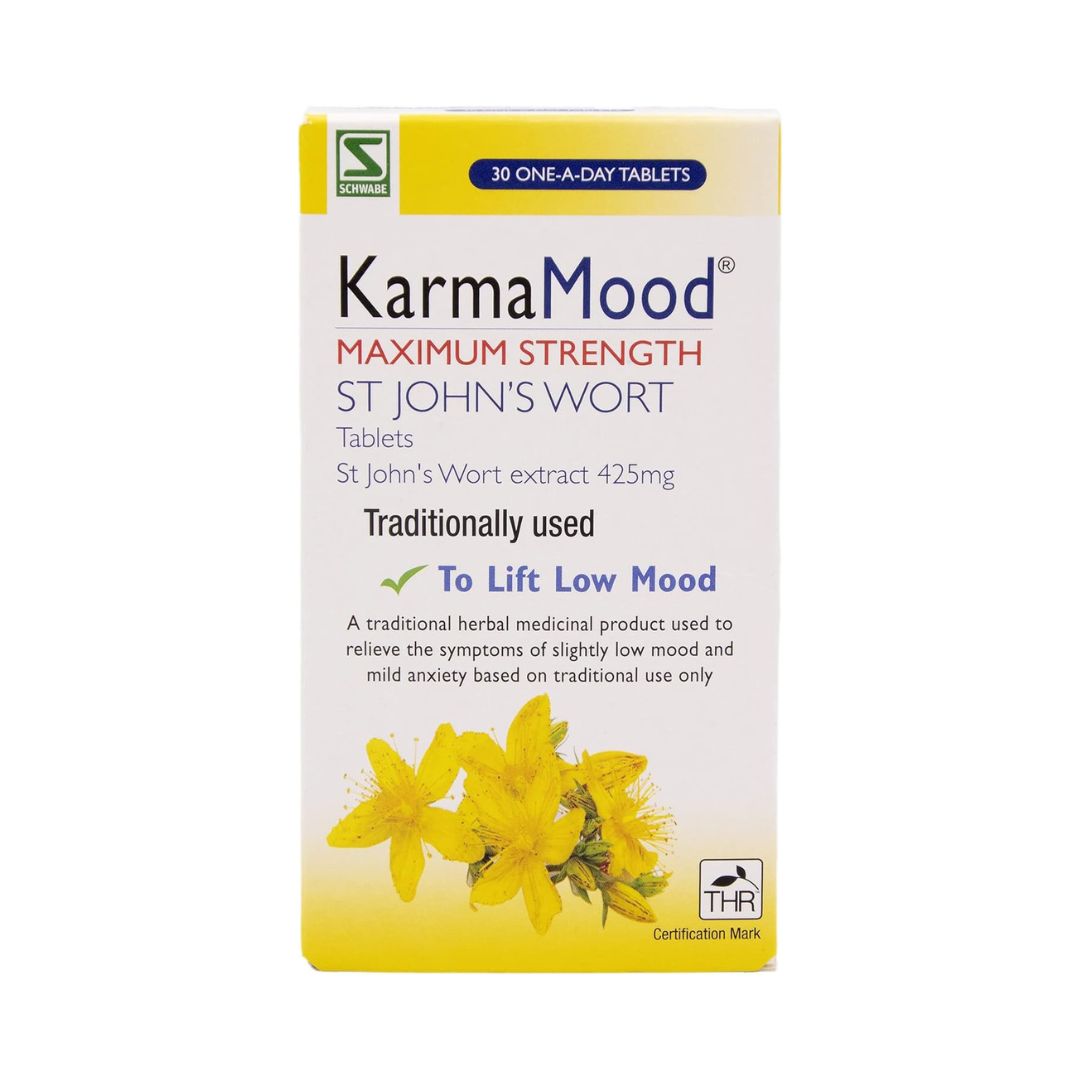
Best for: Reducing anxiety.
Why experts recommend? "St John's Wort is said to help reduce the feelings of anxiety which may occur in perimenopause or menopause by supporting the regulation of happy hormones such as serotonin," says Rayne. It may also play a role in reducing hot flushes.
Do be aware, though, that it can interact with other medications, including antidepressants.
Considering investing in some menopause supplements? Your need-to-knows
1. Always read what's on the bottle
You absolutely can have too much of a good thing, and non-soluble vitamins such as A and E can build up and cause problems. Don't exceed the RDA of anything.
2. Get tested
I recommend all women try to get some basic bloods done: ferritin (iron), B12, folate (B9) and vitamin D either with their GP or via a home testing kit such as Medichecks,' says Emma.
3. Try collagen
On a personal note, I swear by Ingenious Beauty Ultimate Collagen, £48, for a month's worth of capsules, which gives skin a youthful luminosity and promotes hair and nail growth. I used to have hair extensions for thickness...I don't need them any more.
This article has been updated to reflect current pricing and is part of Alice Smellie's monthly column, Discussing Menopause.







